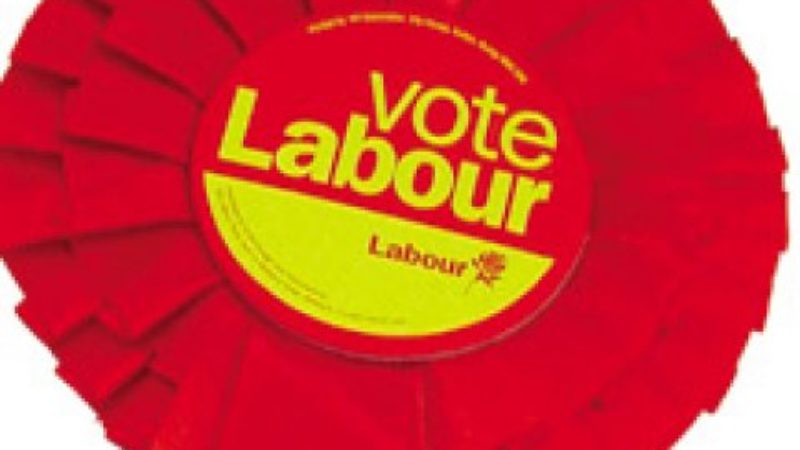
I read Arnie Graf’s piece yesterday with much interest. After all, his “root and branch” review of the party – at Ed Miliband’s behest – has the aspiration of creating a “strong organization with the soul of a movement”. What’s not to love about that?
Arnie is quite rightly lauded for the work he has done in the US over five decades in organising the powerless to fight their corner and make their numbers count. But we need to be cautious. At the risk of stating the obvious, a political party isn’t a community group.
Community organising unites those with a clearly defined common purpose behind a clear call to action. Perhaps it’s a group of mums campaigning for traffic safety measures near a primary school, or local residents banding together to bring a disused library into community ownership, or, indeed, a group of workers pushing for the living wage (a cause Arnie pioneered in America).
These are specific, local, tangible, measurable and, often, finite campaigns. They are also bottom-up, channelling the raw energy of people power; all the optimism, frustration, moral outrage and comradeship that people generate when they’re passionate about achieving something.
The problem with incorporating lessons and structures from community organisations into Labour politics is that we’re in danger of comparing apples and oranges.
As institutions, parties need to be pretty rigid and top-down in order to project themselves nationally, defend their reputations and maintain doctrinal coherence and unity across a whole swathe of issues. There is a level of collective discipline – even bureaucracy – that is needed to manage a political party which is culturally quite different to the freedom in community organisations to decide locally what you want to achieve and how you go about getting it.
You cannot, for instance, have a local party branch opposing its local Labour council, or writing press releases to the local paper criticising Ed Miliband, or adopting unilateral policy positions. These are the compromises of politics. Clearly this can sap the energy of those who join Labour because of a particular issue or passionately-held belief; but party members simply cannot drift off piste and campaign on whichever issues they feel like. Well you can’t have that and ever expect to win elections at any rate.
Turning Labour into a more organic, grassroots organisation with a bigger social focus is fine as long as it doesn’t conflict with the party’s core functions. Reforms that fail to understand this risk weakening the party, not strengthening it.
The party’s structure and constitution help service the endless round of selection processes for local, parliamentary and European elections – and these need to be coherent – even laborious – to avoid constant appeals against the process. Constituency and branch parties also exist to execute the local element of a nationally-driven campaign to get Labour representatives elected.
I am not arguing for the status quo, far from it. I am saying that party reform needs to be incremental and recognise the value and purpose of the existing structures. This is not to say that there are not simple reforms that can make to improve how things work.
Traditionally, Labour has invested little in the importance of activism. It needs to train more ‘hero-activists’. (These are the small band of hardy souls who go above and beyond the call of duty to keep the party’s wheels turning). It could do this by strengthening the role of constituency and branch officers. There are precious few incentives for someone to take an active role in running a local party, especially the less glamorous – but essential – roles like acting as constituency treasurer or membership secretary.
Perhaps by ensuring that everyone who hopes to go on the parliamentary panel, or stand for Labour in local elections has been a branch or constituency officer for at least five years (longer, preferably) we would help to create interest – and even healthy competition – in running local parties. All too frequently, the politically ambitious simply sidestep doing this grunt work.
The party could also create a national network of constituency chairs to give the role more prestige. It could act as a barometer of local feeling and as a forum to share best practice. It would also make it easier to ensure twinning works effectively at election time. (An annual reception with the leader would be nice too). Crucially, it would make it clear that no-one is too important to do the donkey work and drive home that becoming a Labour councillor, MP or MEP requires first paying your dues as an activist.
None of this is to discount Arnie Graf’s views or input. He is clearly a brilliant and committed man who has brought about social and economic justice through galvanising the often powerless into effective action and whatever crossover lessons there are to draw upon, for goodness sake let’s draw them. But like the whole Refounding Labour exercise, it feels a bit like we’re going to march up the hill only to end up marching back down again if this exercise in “root and branch” reform fails to produce workable suggestions that go with the grain of how the party needs to operate.
Let’s be clear: there are no miracle cures for turning Labour – or any other political party – into a shiny, open, dynamic, mass membership, bottom-up community movement.
And we need to be careful we don’t start daydreaming that there are.




More from LabourList
‘Labour’s quiet quest for democratic renewal’
‘Labour promised to make work pay. Now it must deliver for young people’
‘Council Tax shouldn’t punish those who have the least or those we owe the most’